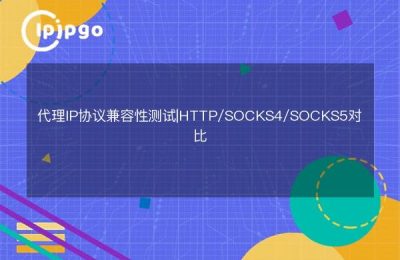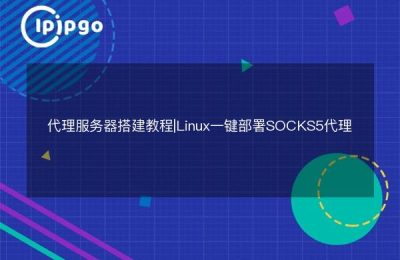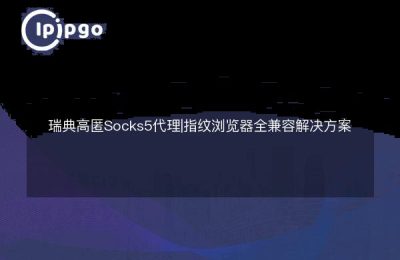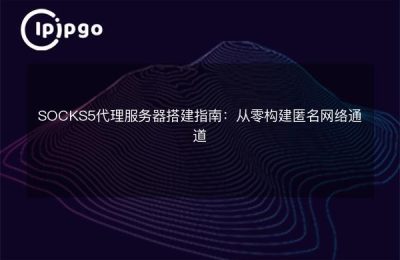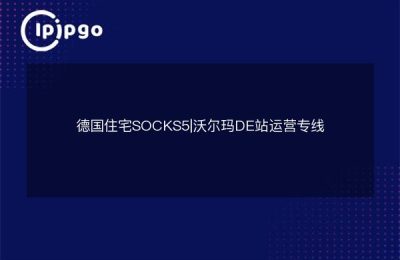
In the network world, choosing the right proxy tool is like choosing a suitable transportation for your journey. HTTP proxy and SOCKS5 proxy have their own unique features and advantages, and their differences not only lie in the technical implementation, but also in the different application scenarios. This article will reveal the differences between these two proxies and help you make a wise choice.
What is an HTTP proxy?
An HTTP proxy is a specialized proxy server that handles the HTTP protocol. It is responsible for forwarding HTTP requests and responses between the client and the destination server. Like an expert specializing in a specific area, it is particularly good at handling web browsing.
Advantages of HTTP Proxy
Focus on web browsing
Designed to handle web browsing, HTTP Proxy caches web content and increases access speed. It's like finding a precise guide in a library to help you quickly access the information you need.
Provide content filtering
HTTP Proxy can perform content filtering to block undesirable websites or advertisements. It's like building a protective barrier for you in the flood of information, ensuring a purer online experience.
What is a SOCKS5 Agent?
SOCKS5 Proxy is a more generalized proxy protocol that can handle a wide range of protocols including HTTP, FTP, SMTP, and more. Like a versatile all-rounder, it is able to excel in a variety of network environments.
Advantages of SOCKS5 Agent
Higher flexibility
SOCKS5 agent is not limited to specific protocols and is capable of handling many types of data streams. Like an experienced traveler, it is able to adapt to various complex network environments.
Provides greater security
SOCKS5 proxy supports more sophisticated authentication mechanisms to provide higher security for users. It's like adding a security lock to the information transfer process, ensuring that your data is safe and secure.
Difference between HTTP proxy and SOCKS5 proxy
Protocol Support
- HTTP proxy: Focuses on handling the HTTP protocol for scenarios such as web browsing.
- SOCKS5 Agent: Supports multiple protocols for a wider range of network applications.
Speed and Performance
- HTTP proxy: Due to the ability to cache web content, it is usually faster when web browsing.
- SOCKS5 Agent: Although content caching is not performed, it is more widely applicable due to the support of multiple protocols.
safety
- HTTP proxy: It relies heavily on the security provided by the HTTPS protocol.
- SOCKS5 Agent: Supports more sophisticated authentication mechanisms to provide higher security.
How to choose the right agent?
Choose according to the usage scenario
- If your main need is web browsing and you want to increase access speed, an HTTP proxy may be more suitable for you.
- If you need to handle multiple protocols or have high security requirements, SOCKS5 proxy will be a better choice.
Consider security and privacy
Whether you choose an HTTP or SOCKS5 proxy, make sure your proxy service provider offers good security and privacy protection. It's like choosing a trusted traveling companion to ensure your online journey is safe and secure.
summarize
HTTP proxies and SOCKS5 proxies each have their own unique benefits, and the key is to make a choice based on your specific needs. We hope this article has provided you with a clear guide to become more comfortable exploring and discovering the digital world. Whether you're a tech novice or a networking veteran, understanding the differences between these two proxies is a critical step in improving your network's efficiency and security.

